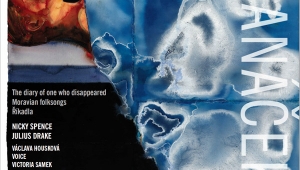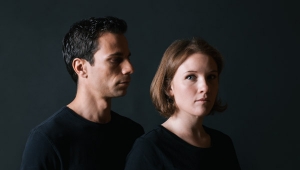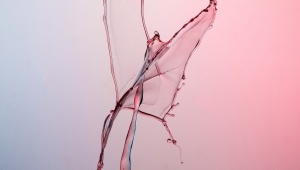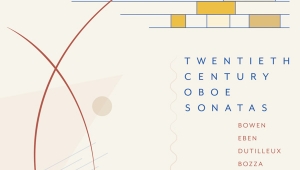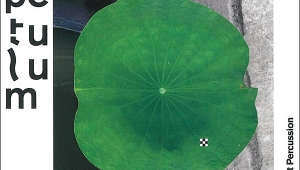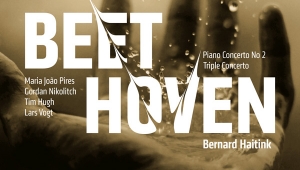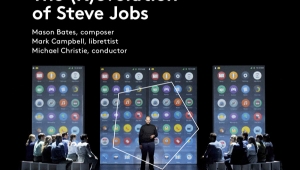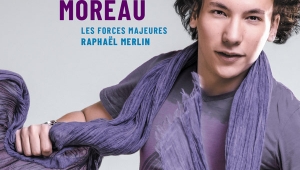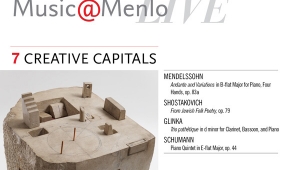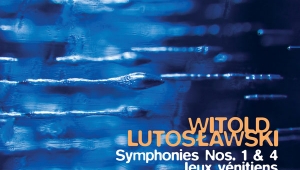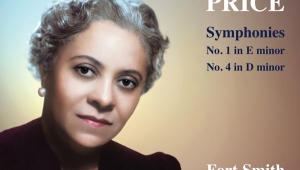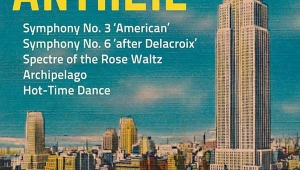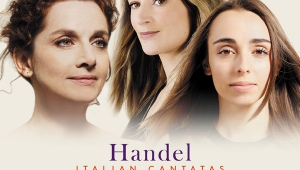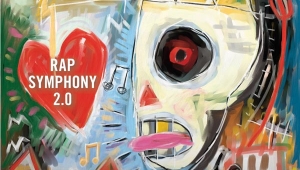| Columns Retired Columns & Blogs |
Touring South America and More with the Lysys
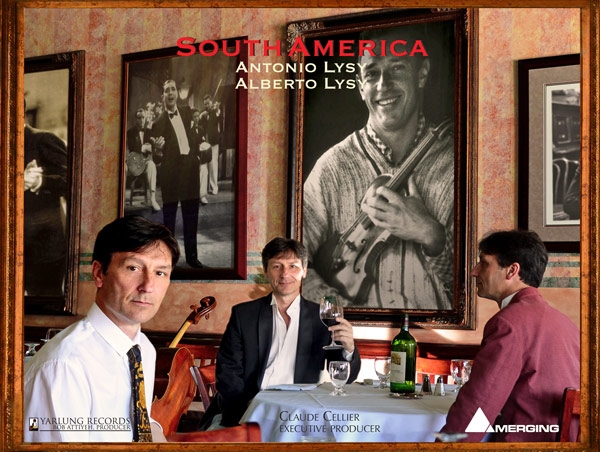
Cellist Antonio Lysy, whose Yarlung Records recording Antonio Lysy at the Broad won a Latin Grammy for its inclusion of Lalo Schifrin's song "Pampas," has returned with a unique recording of South American-connected compositions and arrangements. Aptly titled South America (YAR80167DSD), the nine compositions honor Astor Piazzolla, Heitor Villa-Lobos, Carlos Gardel, Antonio's violinist father Alberto Lysy, and Argentine bandoneon master Coco Trivisonno. There's even some Brazilian-tinged J.S. Bach and a work by Spanish cellist Pablo Casals.
I'm not sure chicken soup is an appropriate metaphor for this recording, but there sure are a lot of ingredients, international and otherwise, thrown into the pot. One unifying factor is the Boulanger-trained Argentinean composer Piazzolla, whose infrequently performed Resurrección del ángel (Resurrection of the Angel), surfaces in an arrangement for four cellos by Emilio Colón. The work is heard in an ingenuous multi-track version on which, thanks to Arian Jansen's all-analog Sonorus Holographic Imaging technology (SHI), Lysy plays all the parts. The disc ends with three performances by Trivisonno, one of the last surviving members of Piazzolla's famed ensemble, who plays his own arrangements of three songs made famous by Argentinean singer and songwriter Carlos Gardel.
The disc opens with Lysy and harpist Marcia Dickstein Vogler dueting on Villa-Lobos's gorgeous and evocative O canto do cisne negro (The Song of the Black Swan). Villa-Lobos returns later in the program, this time with the atmospheric duet Assobio a Jato (The Jet Whistle), on which Lysy is joined by flutist Anastasia Petanova. Both these tracks, as well as Trivosonno's performances, were recorded in single takes.
Mostly set down in 4-channel by Bob Attiyeh & Arian Jansen at the Brain and Creativity Institute's Cammilleri Hall, the recording makes use of a Sonorus ATR12 analog tape recorder, Merging Technologies Hapi converter using DSD256 Pyramix software, Elliot Midwood tube microphone preamplification, Yarlung proprietary interconnects, an AKG C-24 stereo microphone with a special new-old-stock RCA 6072 vacuum tube, and, for surround, Schoeps M222 vacuum-tube microphones.
It also employs a fair amount of sonic trickery, aka multi-tracking and editing. One example is the inclusion of a rare 2001 recording of Antonio Lysy with his violinist father, Alberto Lysy. Alberto, who in 1955 became the first South American to win a prize at the Queen Elizabeth Competition in Brussels, and who studied with Yehudi Menuhin. In 1977, over a decade after he performed with Jacqueline du Pré, Alberto founded the International Menuhin Music Academy in Switzerland. He remained director of the school until shortly before his death in 2009.
Alberto also studied Hungarian composer Zoltán Kodaly's Opus 7 Duo for Violin and Cello with Kodaly himself. In 2001, 43 years after he first performed the work, he recorded it with his son, Alberto. Their duet recording now appears in a new edit and mix.
For both Villa-Lobos' arrangement of Bach's Prelude and Casals' Les Rois Mages (The Three Kings), Antonio Lysy created a virtual cello orchestra of 16–28 cellos playing 4–7 parts. Casals may not be South American, but Antonio grew up listening to Casals' late career recording of the work.
I can't pretend that South America is the finest audiophile recording on the planet. To my ears, the two-channel mix has too much of a left channel/right channel split. In addition, some tracks sound a bit dry. But the sonics are sufficiently full and rich to make the recording a candidate for repeated listening.
Sonics aside, if you love music, especially music infused with atmosphere, exoticism, smoky sensuality, and the spirit of dance, South America is a must. It's a delicious collection, gorgeously played. I love it, and intend to play it often.
- Log in or register to post comments
